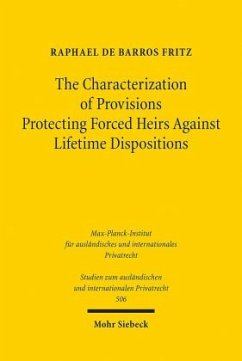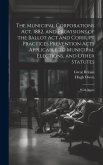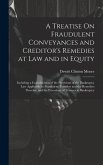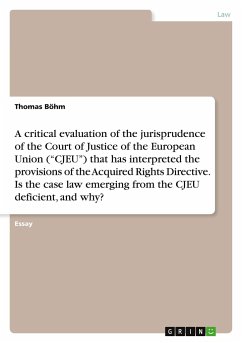Normally, forced heirship is primarily associated with a restraint of the decedent's testamentary freedom of disposition. Nevertheless, to effectively protect the forced heirs, forced heirship systems usually also contain various mechanisms to restrain the decedent's lifetime freedom of disposition. Scholars and courts have been debating the proper characterization of these mechanisms in conflicts of laws for decades. Raphael de Barros Fritz addresses the many open questions surrounding this issue by analysing the characterization of forced heirship mechanisms in the laws of Louisiana and Germany.
Bitte wählen Sie Ihr Anliegen aus.
Rechnungen
Retourenschein anfordern
Bestellstatus
Storno








